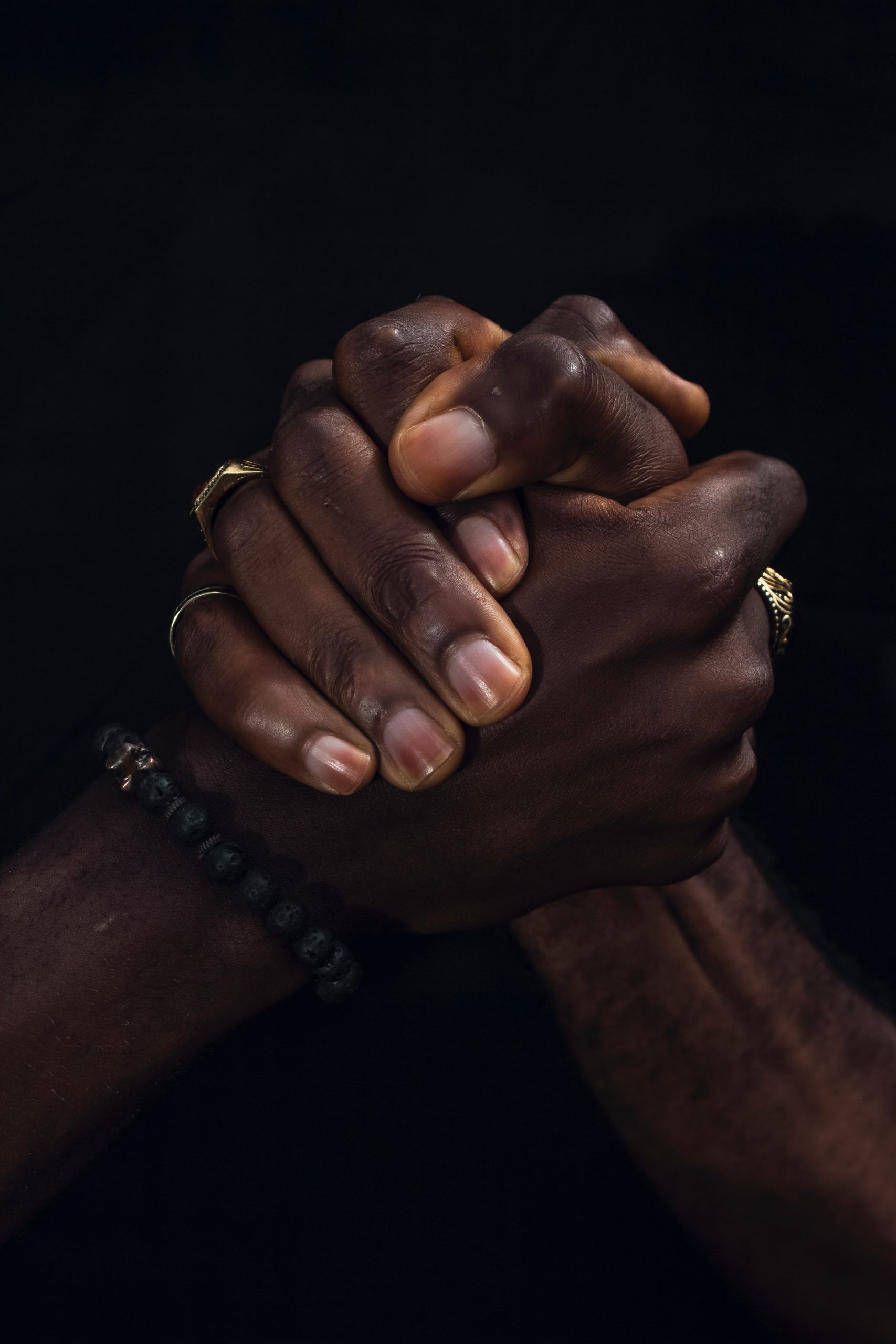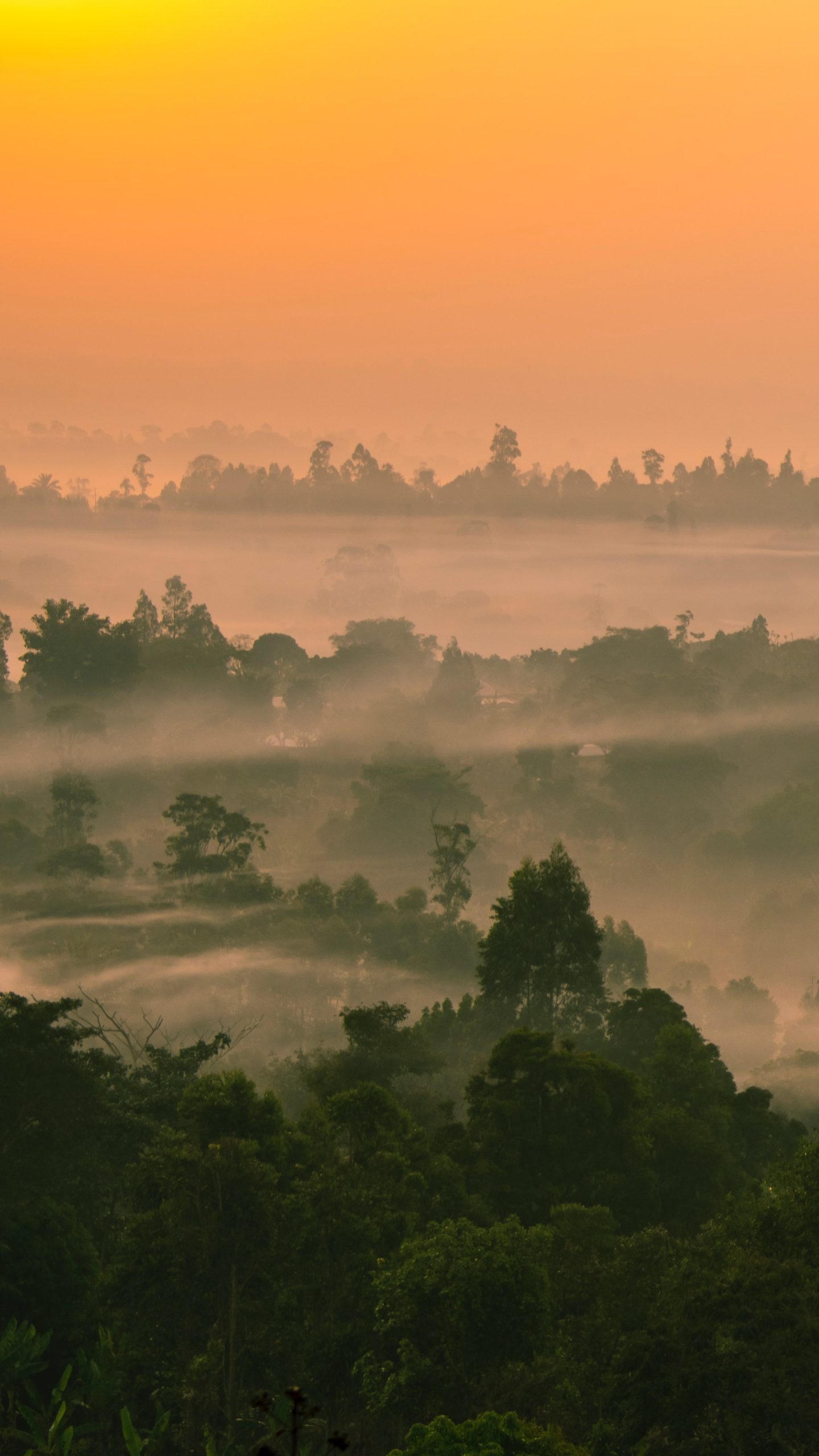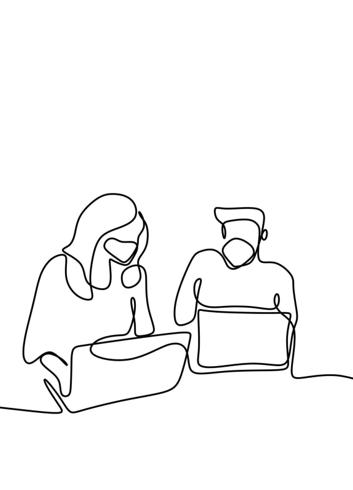
The Combination of Traditional and Conventional Medicine in the Fight Against COVID-19 in Cameroon
By: Jade Payan, Project Manager for Econogy Project
Translated by: Noemi Amelynck, Head of Research for Econogy Project
The measures and protocols implemented to combat the spread of COVID-19, which often have adopted international recommendations, have provoked an anxious reaction from the Cameroonian population in their ability to continue the practice of their traditions and cultural rites. The challenge is to understand the relationship between COVID-19 response strategies and such traditions. If in some cases Cameroonian culture has made it possible to continue with traditional strategies, other situations have put these two dynamics in opposition. This has led some authors to speak of “psychological and cultural violence”.[1]
One of the areas of opposition between Cameroonian culture and the fight against COVID-19, largely dictated by international health measures, is the relationship between traditional and conventional medicines used to fight the virus.
In a speech delivered on June 25th, 2020, the Cameroonian Minister of Health, Manachie Manaouda, defined traditional medicine as “the sum total of knowledge, skills and practices which are based, rationally or not, on the theories, beliefs and experiences specific to a culture and which are used to maintain human beings in health”.[2] This definition, which is later underlined in the Minister’s speech, illustrates the ambivalence of this medical method. Born out of a synergy between, on the one hand, natural medicines and, on the other hand, traditional and spiritual therapies, traditional medicine does not follow a reproducible scientific process.
However, if this method has certain advantages in terms of accessibility and development which may justify its encouraged use, this lack of framework is likely to lead to dubious diversions.
Support and Promotion of Cameroonian Culture Through the Promotion of Traditional Medicine
Following a desire to endogenise the health care system, traditional medicine has been brough to the fore during the COVID-19 crisis. On May 19th, 2020, the President of the Republic of Cameroon, Paul Biya, initiated the promotional campaign around this method by saying that he “encouraged all efforts aimed at developing an endogenous treatment for COVID-19”.[3]
A month later, on June 20th, 2020, a forum on traditional medicine. was held at the National Assembly. At the end of the discussions, several recommendations were presented and adopted by the participants, including the integration of traditional medicine into primary health care; the supervision of initiatives developed from traditional pharmacopoeia; and a strengthened collaboration between the Ministry of Public Health, the Ministry of Scientific Research and Innovation, the Ministry of Higher Education and traditional healers of health.[4] Following this, the Ministry of Public Health has activated the process of finalising the draft law on traditional medicine, as well as establishing a national directory of traditional health therapists.[5]
This movement to promote traditional medicine, driven by the COVID-19 crisis, was seen as an opportunity to lay the foundations of these processes at the heart of the Cameroonian health system. This idea, which follows a logic of empowering the country in terms of healthcare, has certain advantages.[6] Access to healthcare is strengthened not only in terms of cost, but also in terms of supply. This provides a significant advantage in the context of a global pandemic such as COVID-19. However, the lack of supervision of these practices may lead to uncertain situations.
The Need to Regulate These Practices in Order to Avoid Possible Misuse
Table
Several initiatives have thus been born from this encouraged use of traditional medicine (see Table 1). Among them is the initiative coming from the Archbishop of the Metropolitan Archdiocese of Douala, Monsignor Samuel Kleda, which had a significant impact. Due to his passions about herbal medicine over the last thirty years, Bishop Kleda opened a herbalist centre where several patients are treated. During the crisis, he developed a herbal therapy, Elixir-COVID, capable of curing the disease. This initiative received support and he was offered funds with the intention to produce and distribute his elixir on a large scale. The Ministry of Health also participated in the supervision of its initiative by setting up a technical platform.
However, some doubts remain over the effectiveness of this drug. The potion, of which the recipe has remained secret, is sold for thirty euros in his office. In addition, some health professionals criticised the Ministry of Public Health for allowing the treatment to be sold before waiting for the conclusions from the technical platform. Moreover, they have received criticism for having accepted the statements coming from Bishop Kleda on August 1st, 2020, announcing that he was ending the war against the virus:
“We have defeated the coronavirus. The stock of remedies against this pandemic has
been idle for a few days in our Catholic hospitals because there are no more patients. We
give thanks to God and to the Most Blessed Virgin Mary for this marvel. […] The
coronavirus is no longer a threat in Cameroon”.[7]
The lack of guarantee around the effectiveness of this treatment casts doubt on the benefits of this approach. The problems related to the supervision of these initiatives continue to be illustrated. What limits exist between the promotion of an endogenous medical solution, which is moreover a source of national pride, and the choice of a careless laissez-faire approach which is likely to deceive or even endanger the public?
[1] Peyrat-Apicella, D. et Gautier S. (2020), Covid-19 : aux frontières de la folie. Ethnique Santé ;
[2] Ministry of Health (2020), Bulletin d’information de la Médecine Traditionnelle N°001 ;
[3] CRTV (2020), Speech by President Paul Biya to the nation on May 19, 2020 ;
[4] Fouakeng F. (2020), La médecine traditionnelle au Parlement, Bulletin d’information de la Médecine Traditionnelle N°001 ;
[5] Mbwe Mpoh, M. et Briand, K. (2020), La Covid-19 à la rescousse de la médecine traditionnelle ? Bulletin d’information de la Médecine Traditionnelle N°001 ;
[6] Fokouo Fogha, J. V. et Noubiap, J. J. (2020) La lutte contre la COVID-19 au Cameroun nécessite un second souffle ;
[7] Ntchapda, A. (2020), Samuel Kleda déclare qu’il a « vaincu le coronavirus » prudence ! ;




Leave a Reply